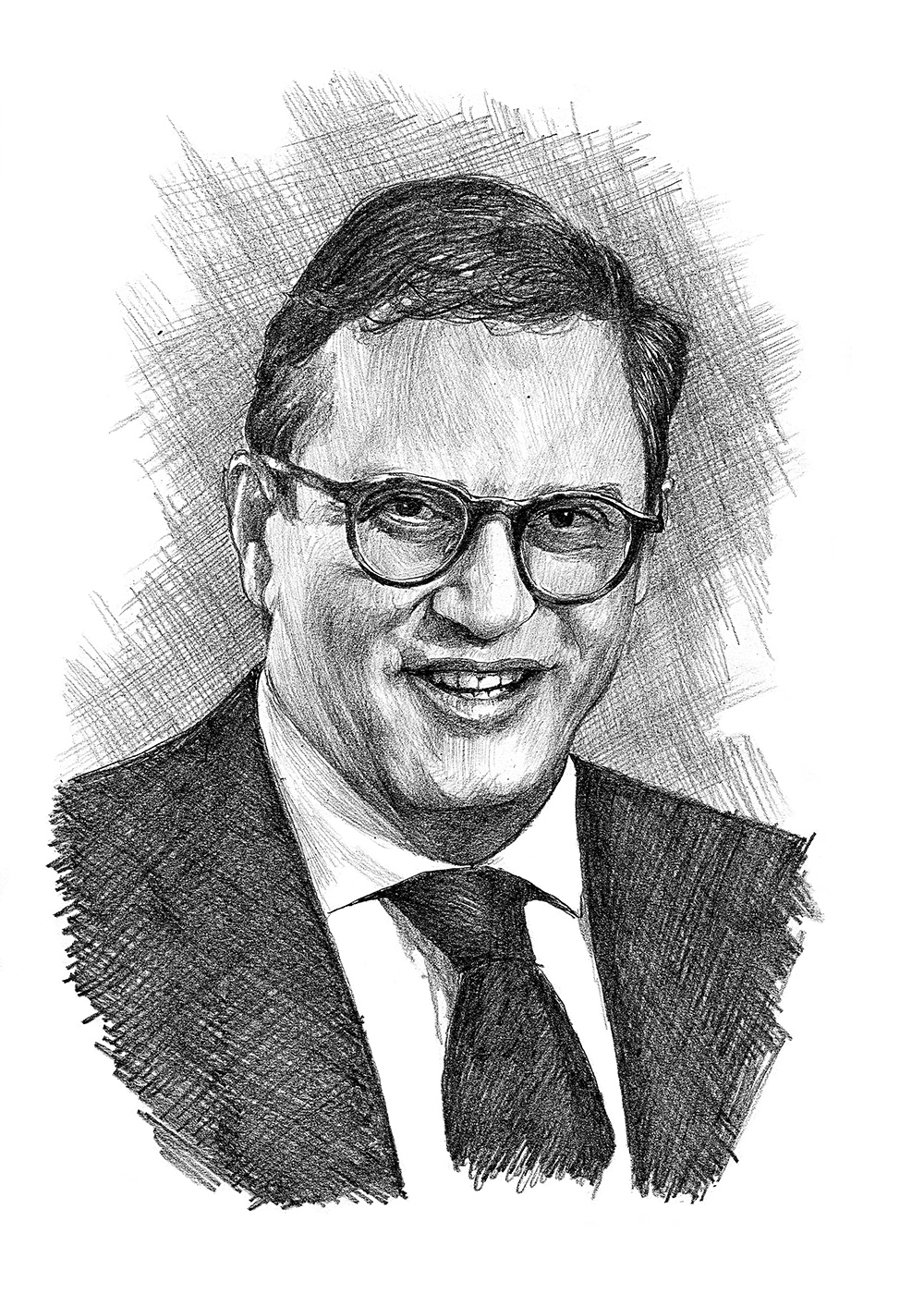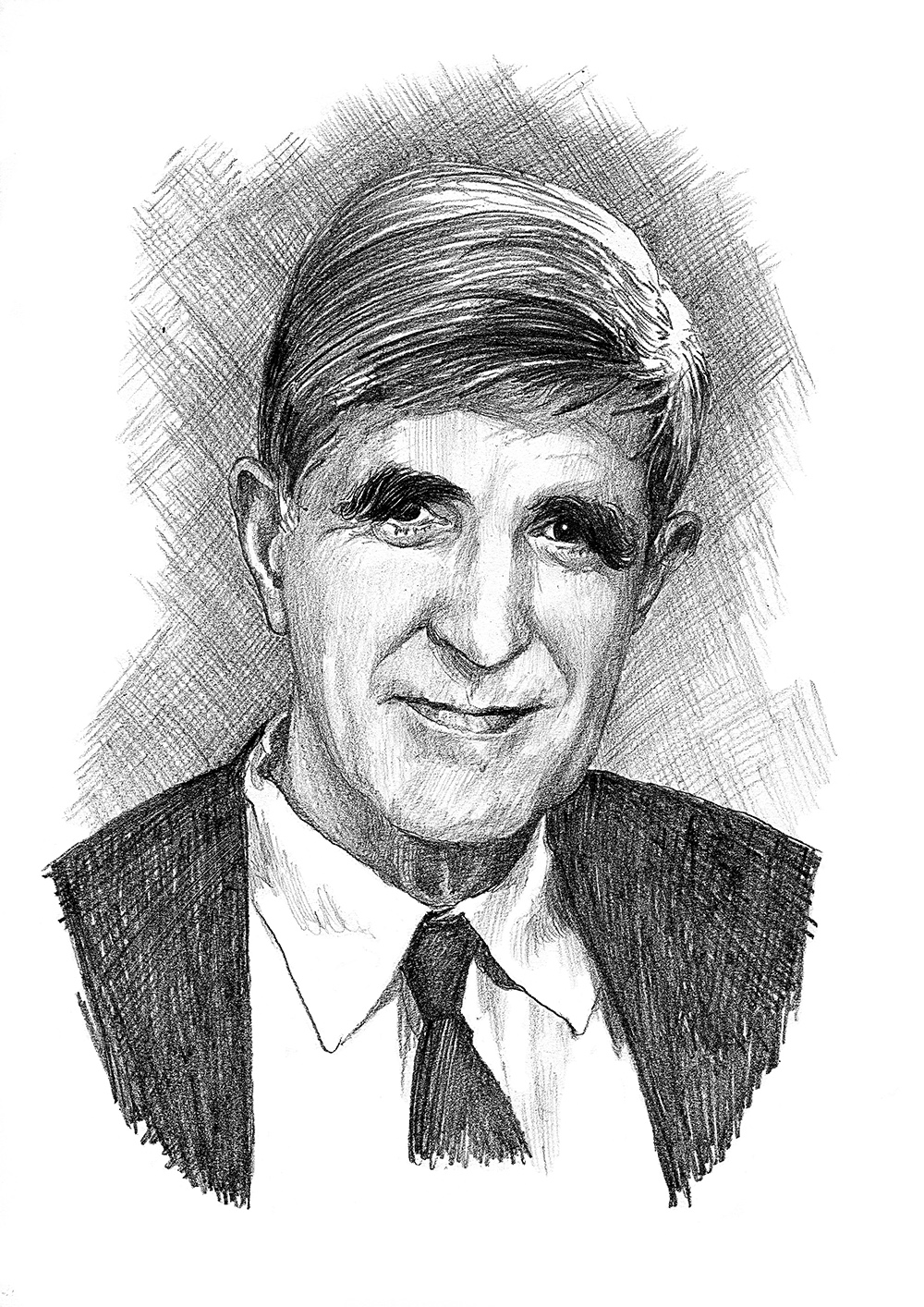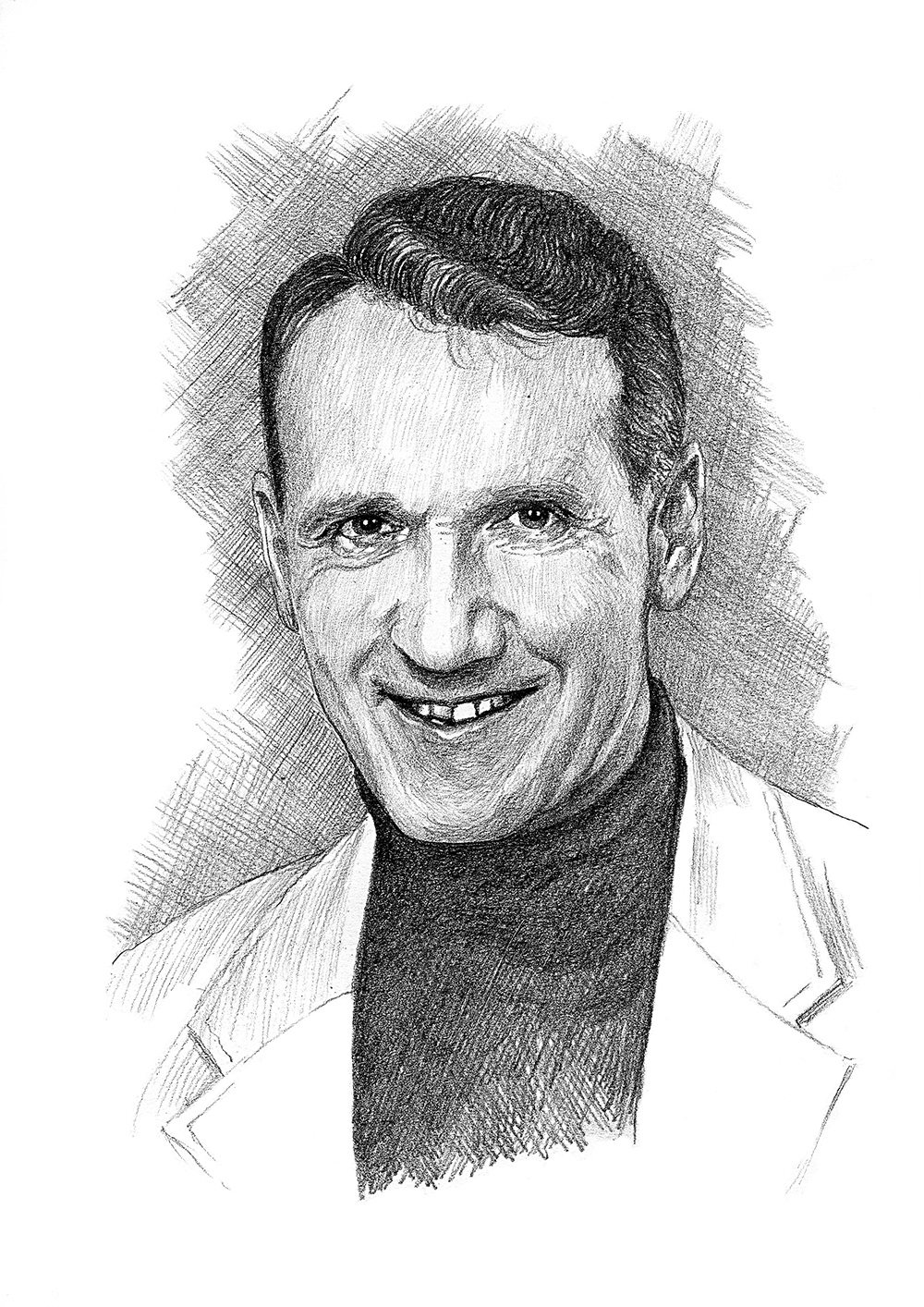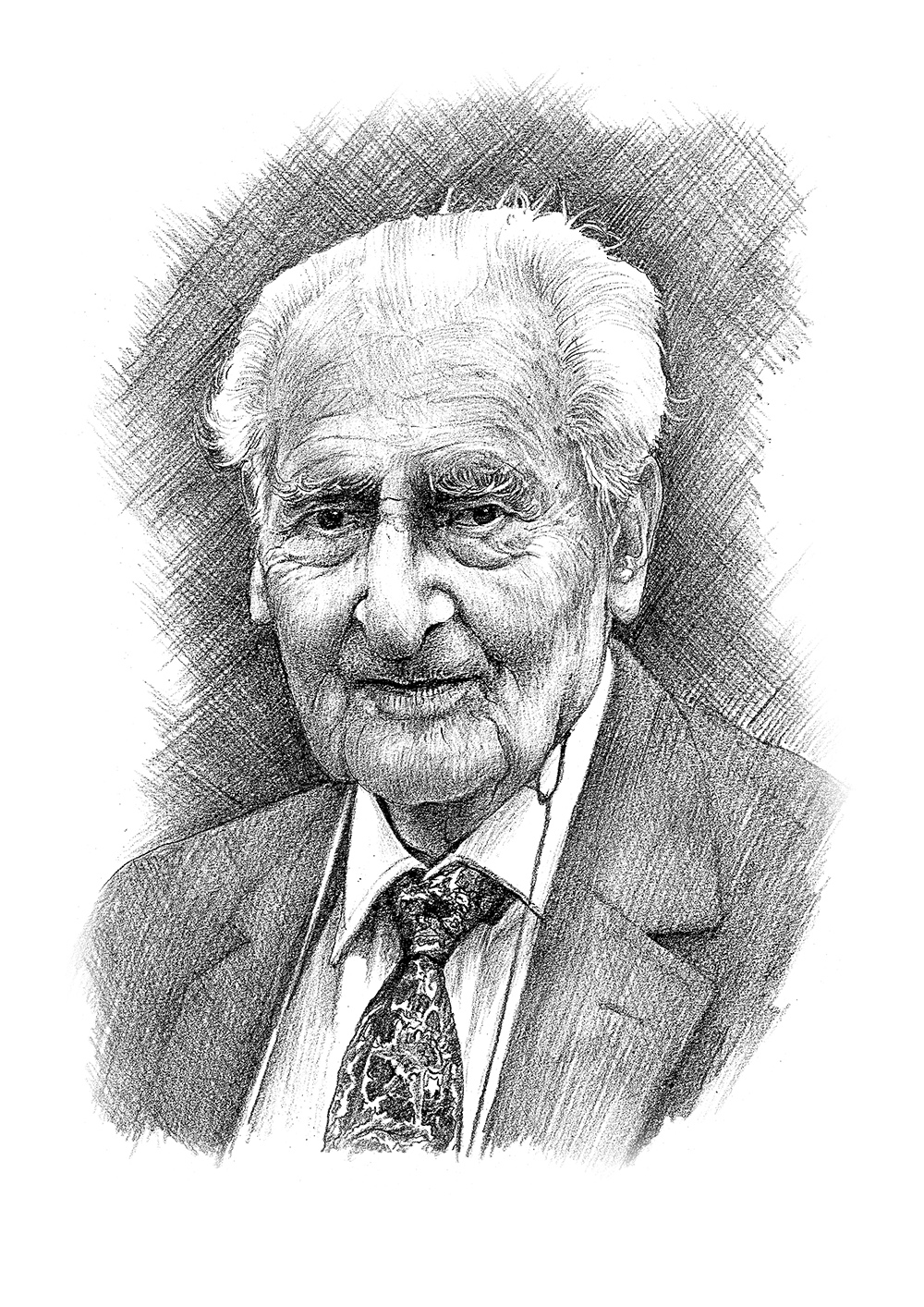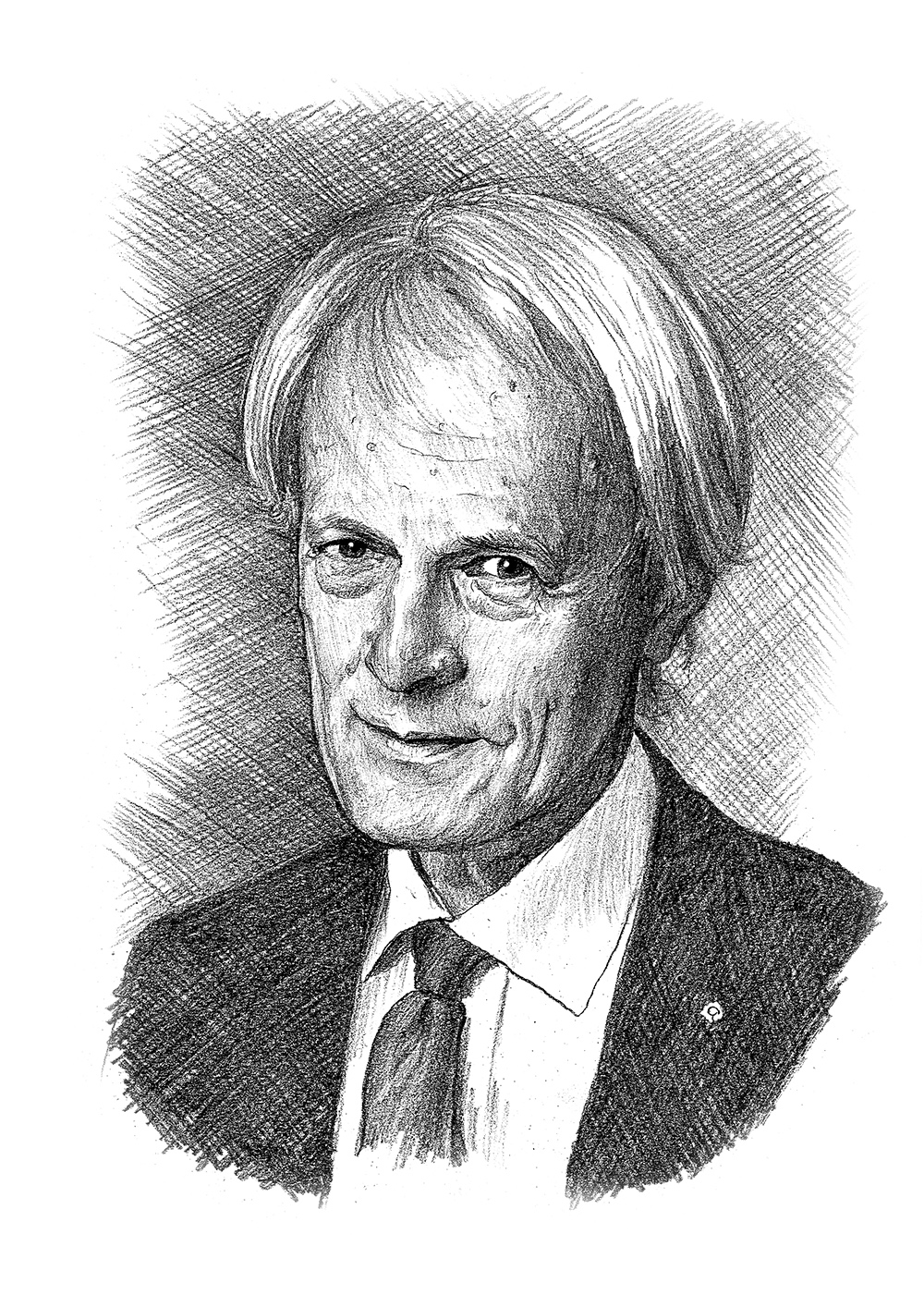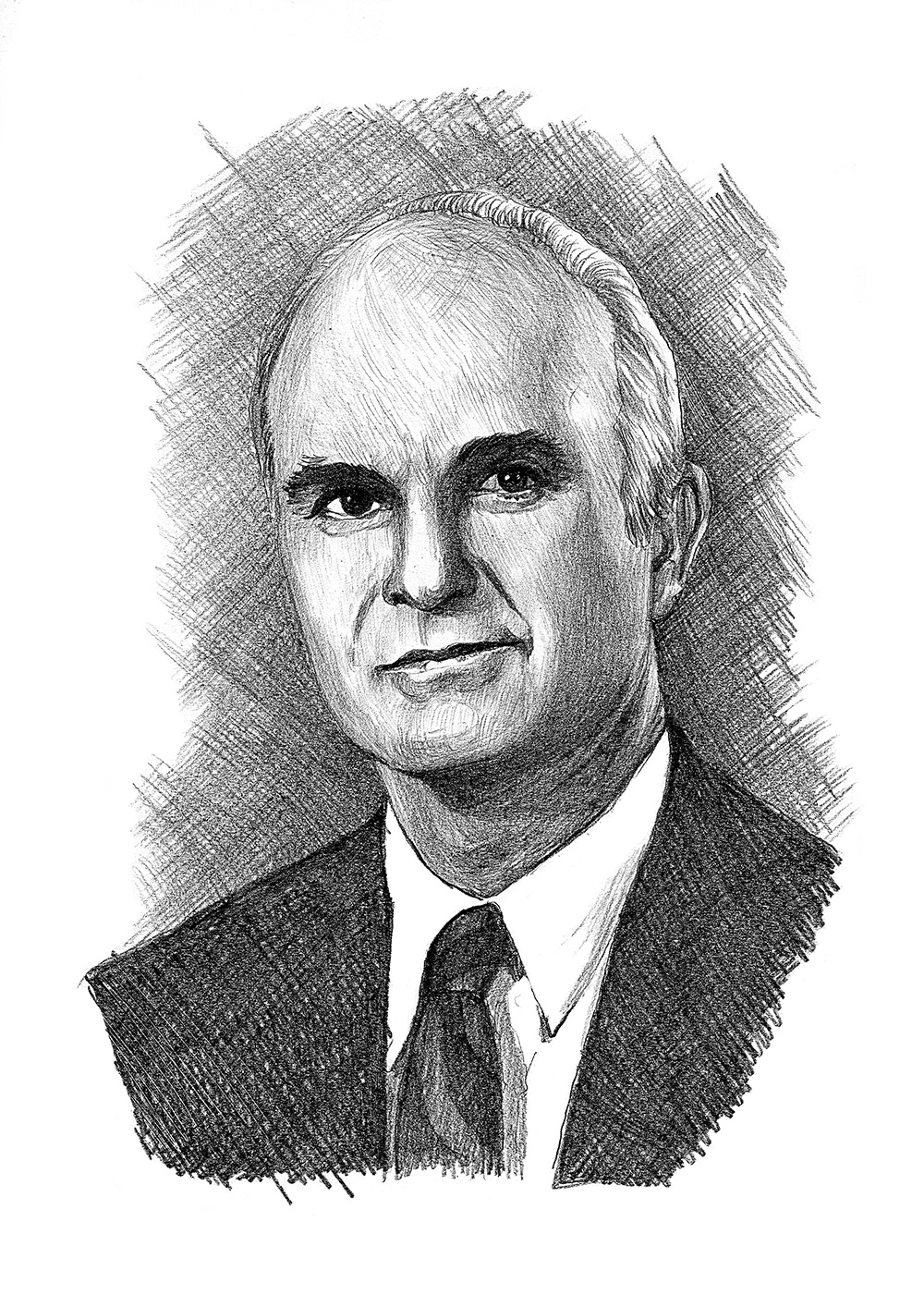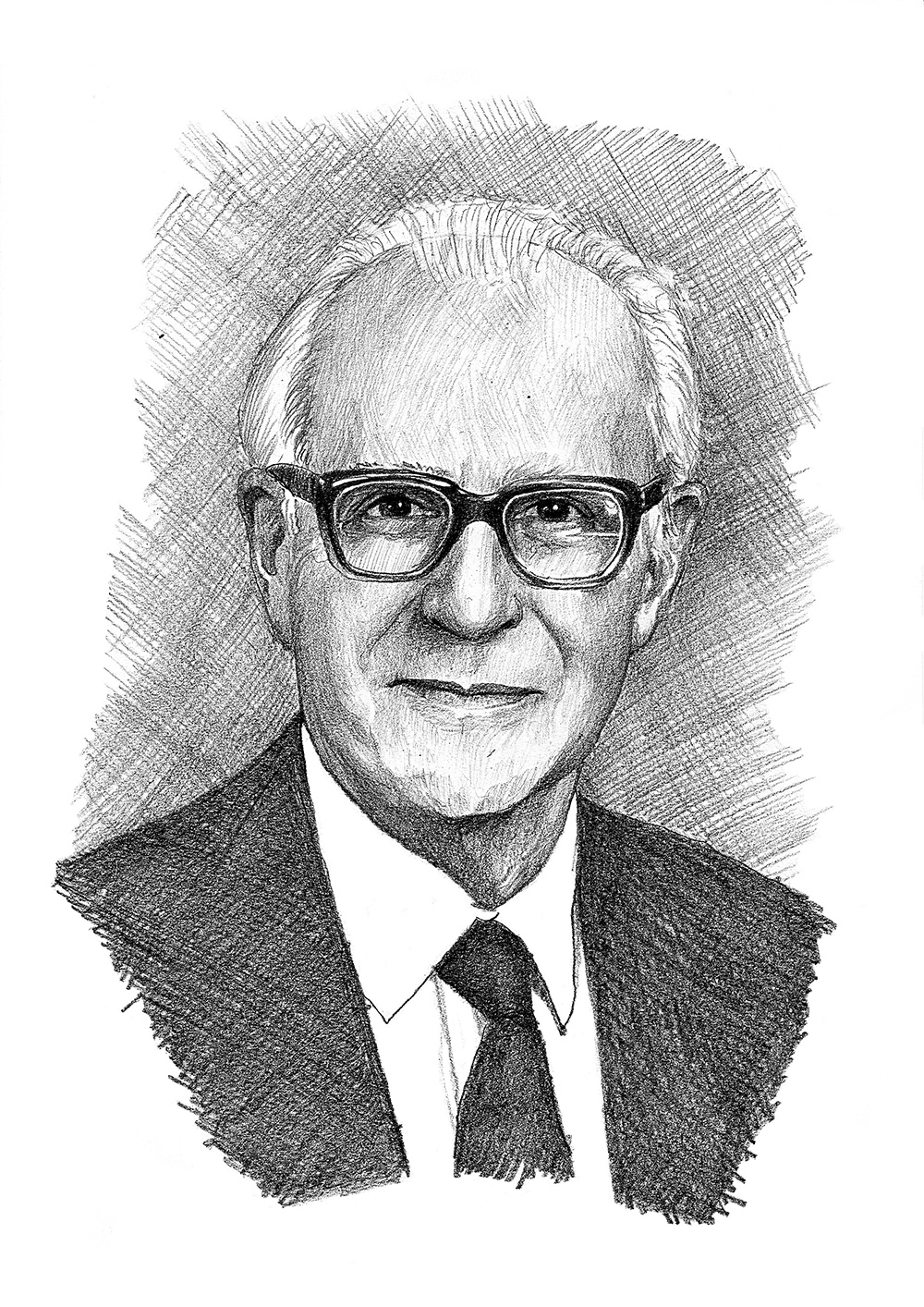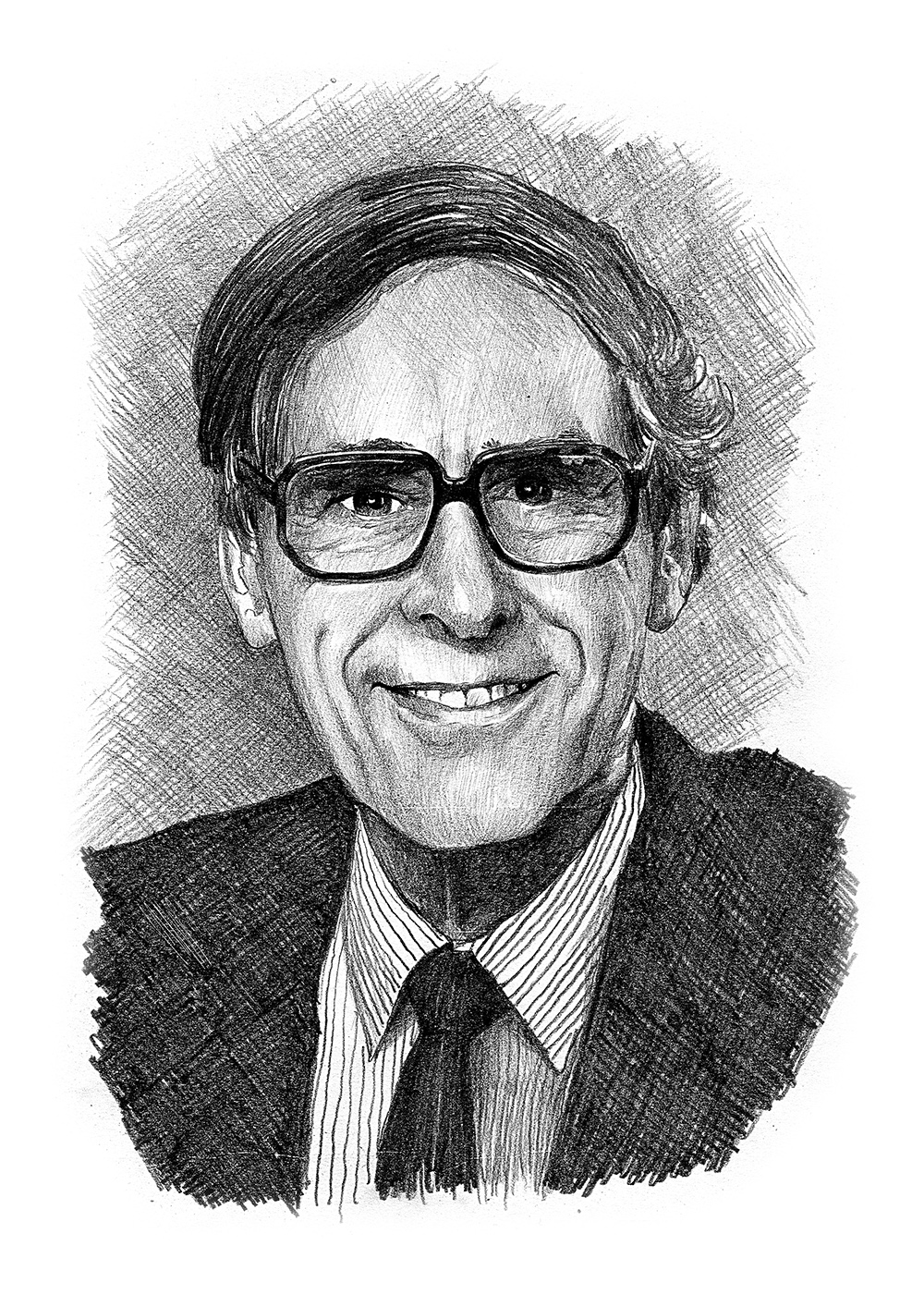Mario Rizzetto qualified in medicine and surgery from the University of Padova in 1969. He completed his internship in medicine at the University of Torino, and subsequently completed a research fellowship in immunology at Middlesex Hospital School of Medicine in London. Professor Rizzetto was a visiting researcher at the Laboratory for Infectious Diseases at the National Institutes of Health from 1978 to 1979. He served for three years as Assistant Professor of Gastroenterology at Mauriziano Hospital in Torino, then as a Visiting Scientist at the Infectious Diseases Laboratory in the Hepatitis Section of the US National Institutes of Health in Bethesda, MD. He was a Professor of Gastroenterology at the University of Torino San Giovanni Battista University Hospital until his retirement in 2015.
Professor Rizzetto’s seminal contributions to hepatitis research culminated in his discovery – in 1977 – of the delta antigen (now known as hepatitis delta virus or HDV) and the elucidation of its role in fulminant and chronic hepatitis. The delta agent, which replicates only in the presence of the hepatitis B virus, had bewildered hepatitis researchers for many years. Its discovery was a major breakthrough that quickly amassed clinical, epidemiological and immunologic data characterizing the new agent.
Professor Rizzetto received several honors for his work in hepatology and gastroenterology. He is a member of many professional associations, including the American Association for the Study of Liver Diseases and the International Association for the Study of the Liver. He served as an advisor to several committees as a result of his expertise on hepatitis and infectious diseases, including the World Health Organization and the Hepatitis Foundation International. In addition to serving on the editorial boards of many journals, Professor Rizzetto contributed extensively to the medical literature through his numerous publications in leading journals such as The Lancet, and the Proceedings of the National Academy of Science.
This biography was written in the year the prize was awarded.

